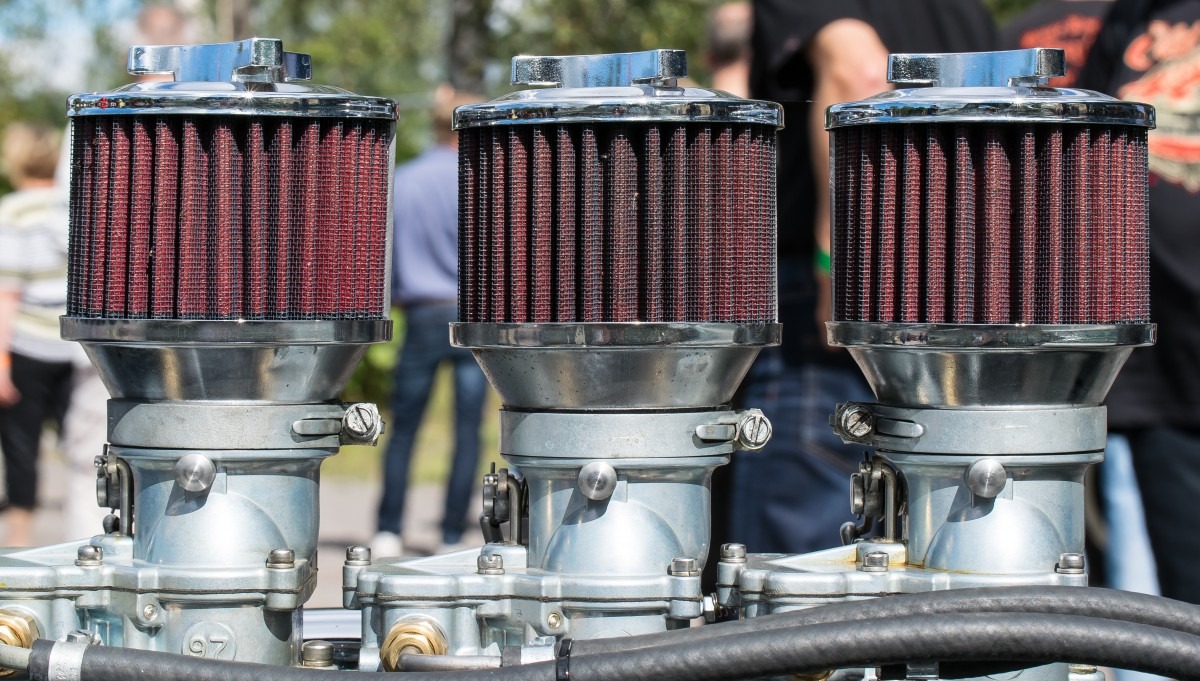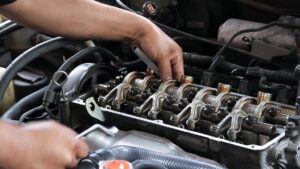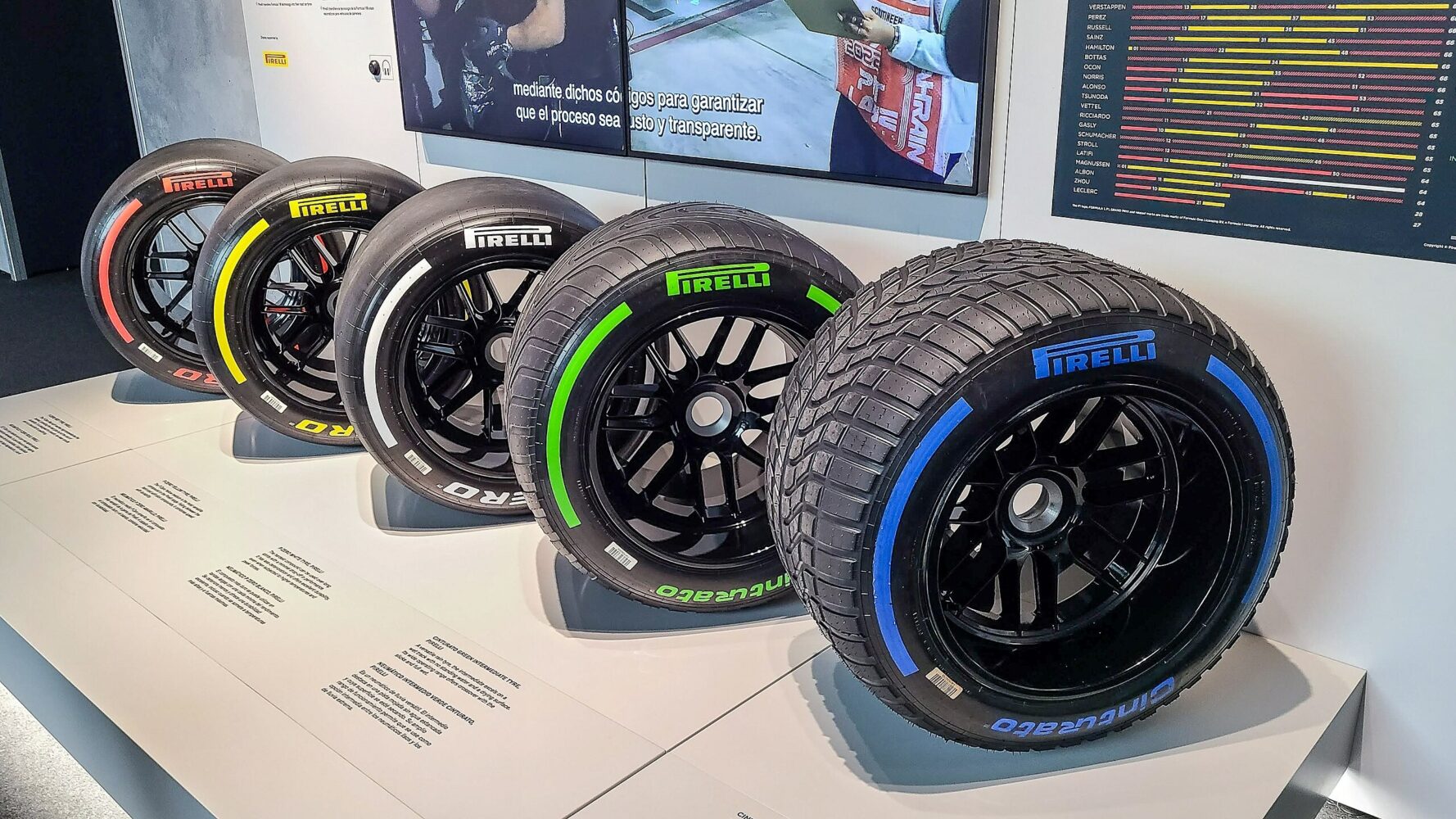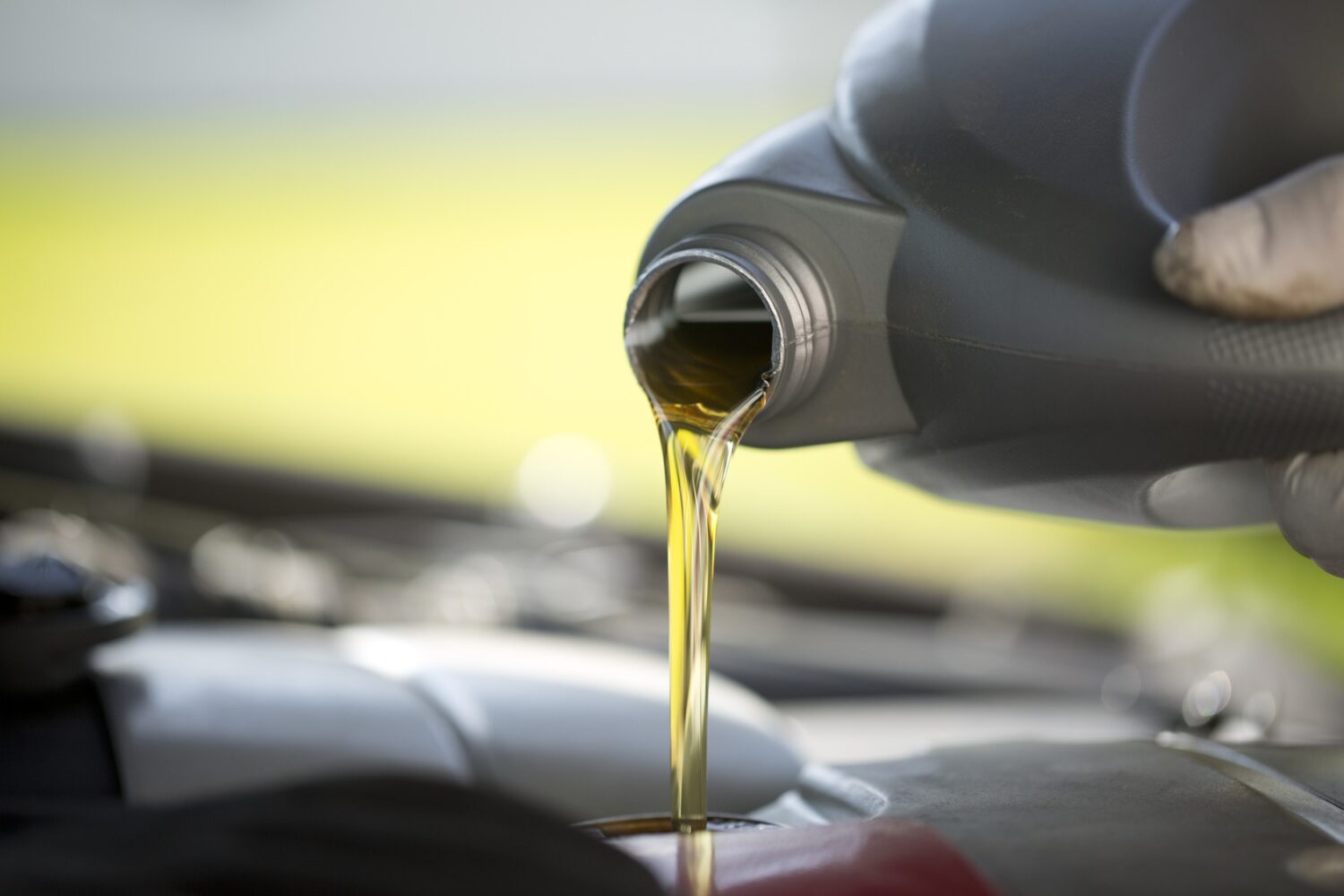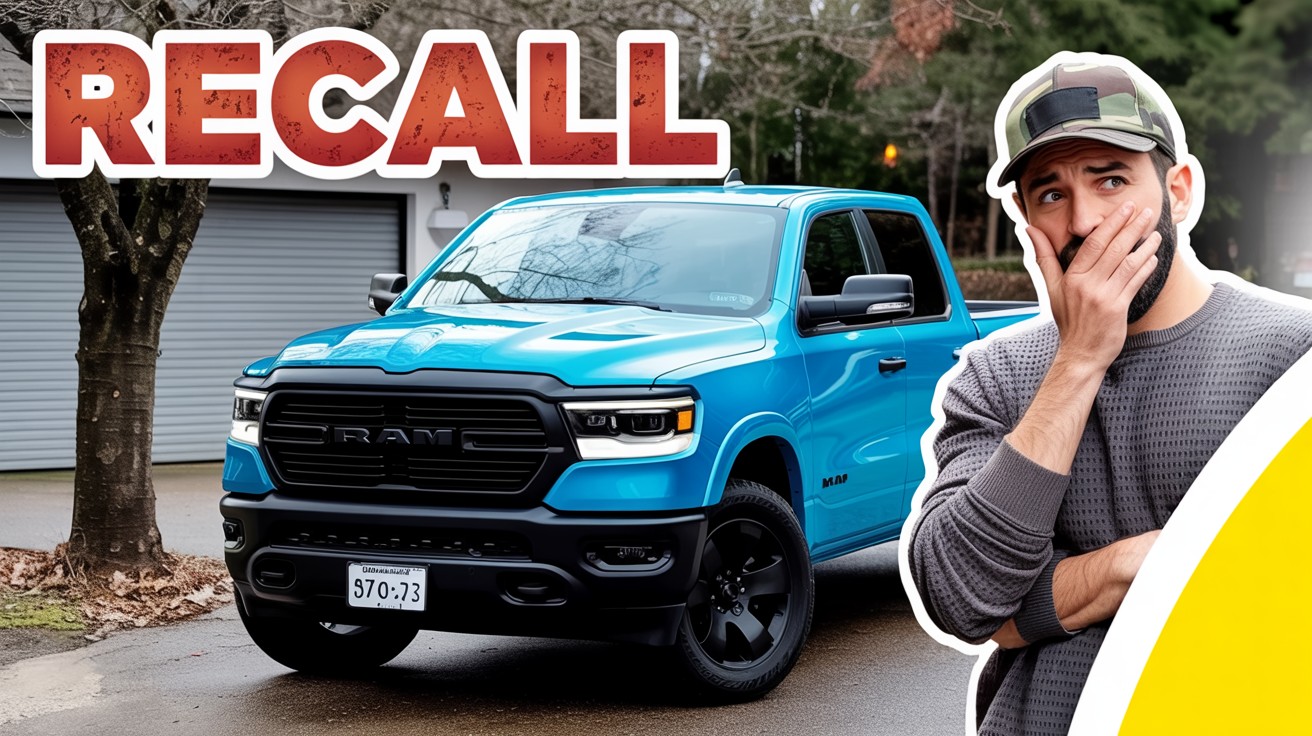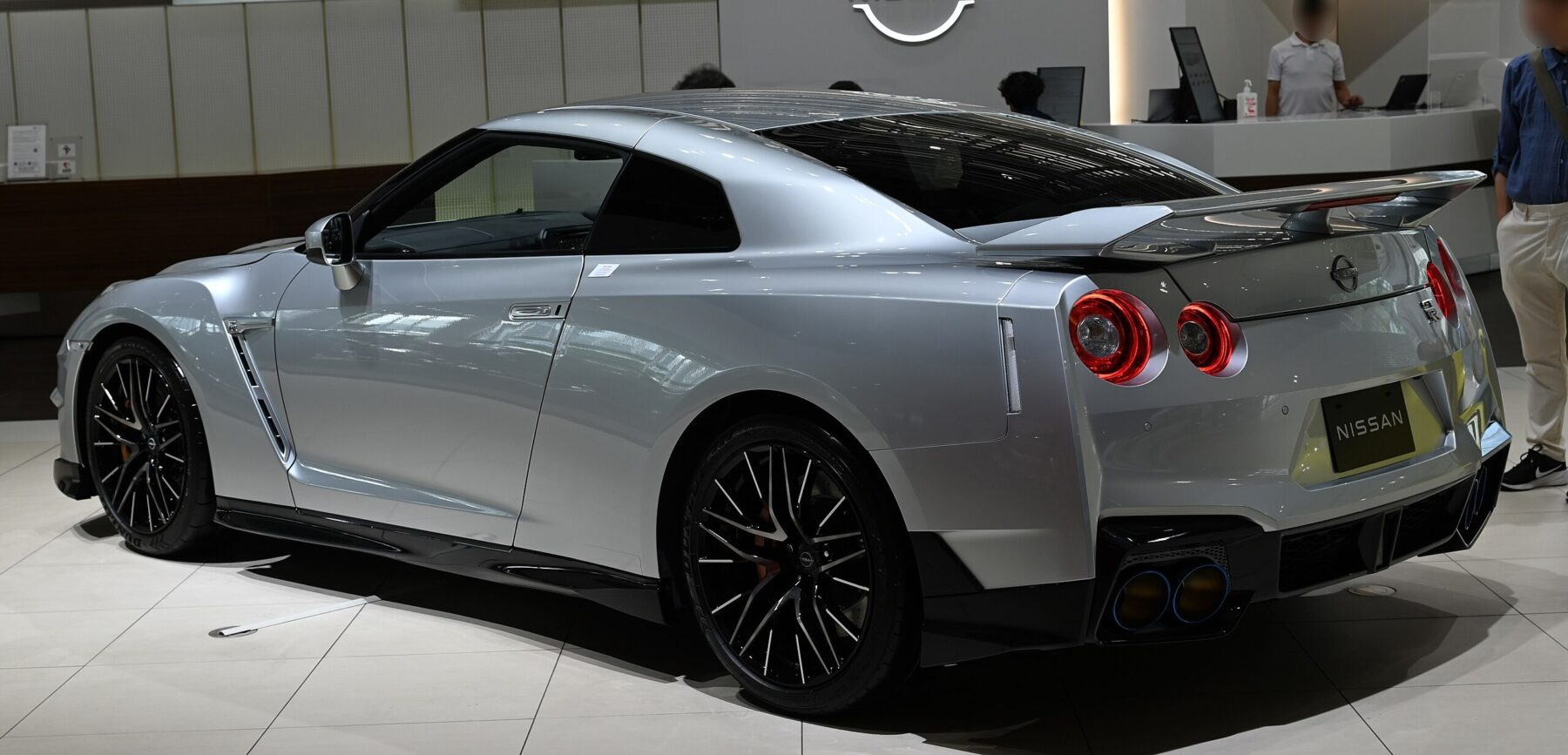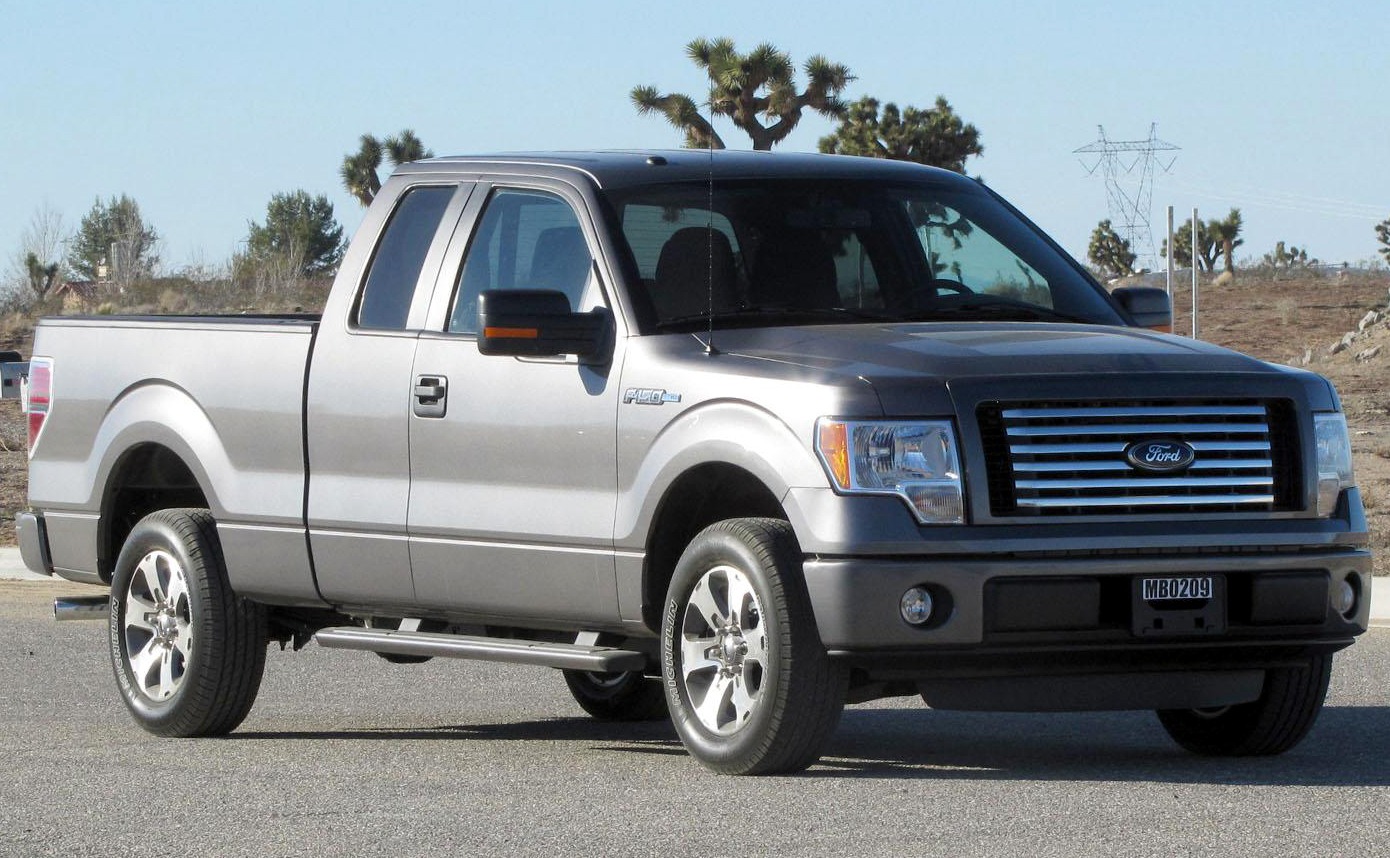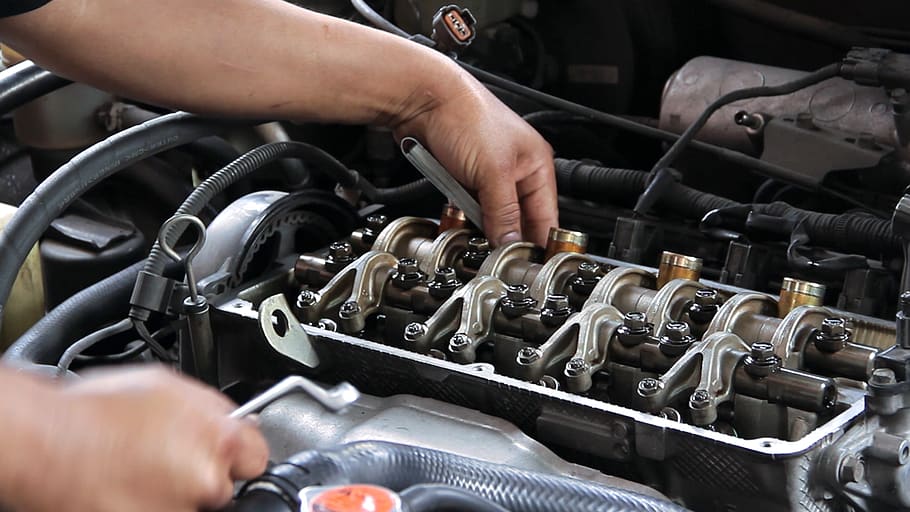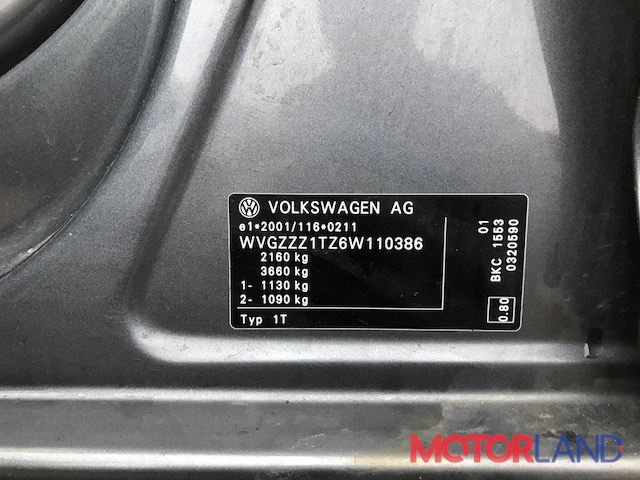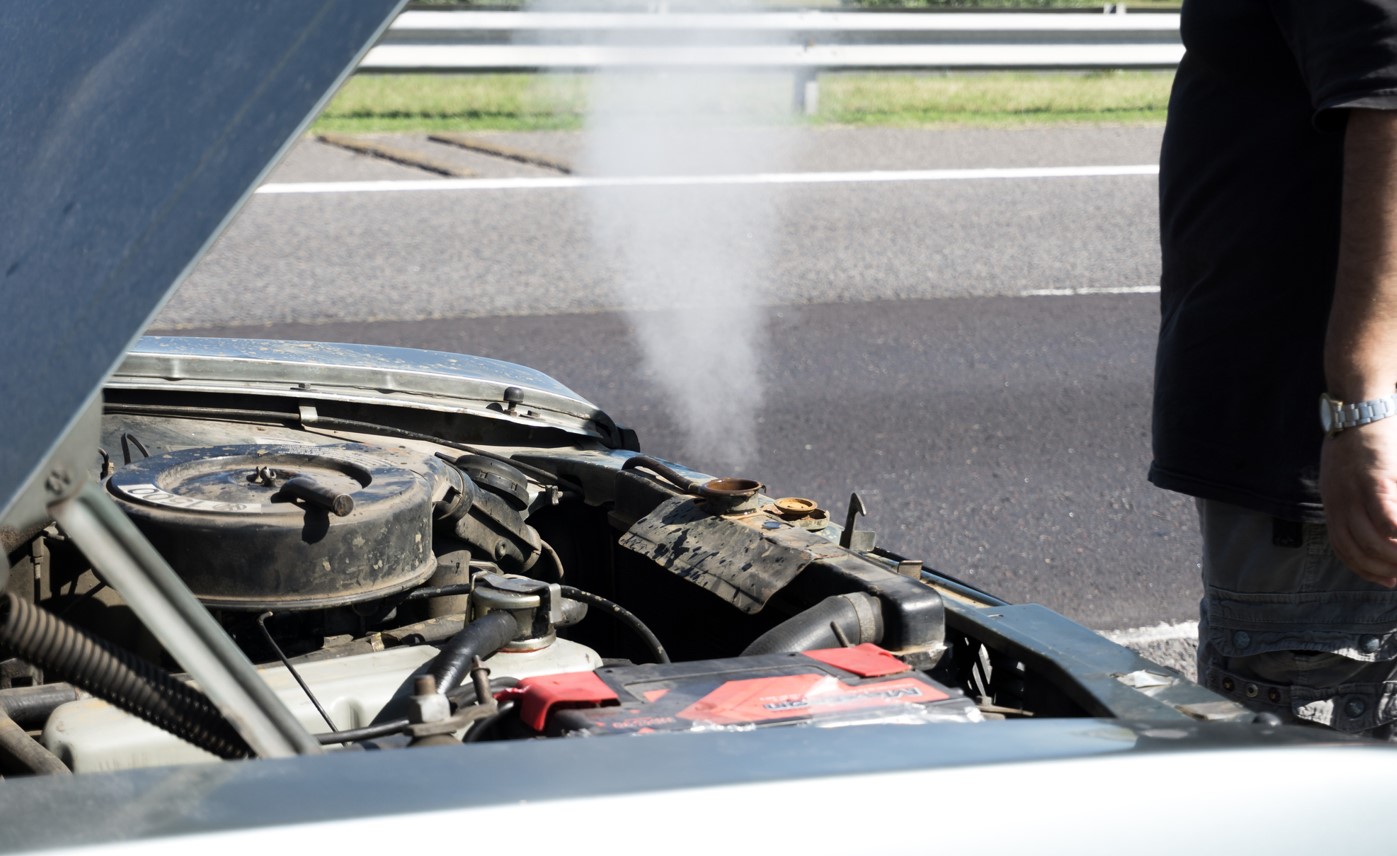Alright, gearheads, let’s talk air filters. You’ve slapped on that shiny new aftermarket air filter, expecting a symphony of horsepower and a chorus of improved MPG. But are you really getting the most out of it? Or are you unknowingly committing cardinal sins that are choking your engine’s potential? We’re diving deep into the common mistakes tuners, gearheads, and speed freaks make with aftermarket air filters – mistakes that can cost you performance, money, and even engine life. Prepare to have your assumptions challenged and your knowledge expanded!
Key Takeaways:
- Proper Oiling is Crucial: Over-oiling or under-oiling your filter can drastically reduce its effectiveness and even damage your engine.
- Filter Placement Matters: A poorly positioned filter can suck in hot engine bay air, negating any performance gains.
- Regular Cleaning is Non-Negotiable: A dirty filter is a choked filter. Regular maintenance is key to sustained performance.
- Don’t Believe the Hype: Not all aftermarket filters are created equal. Research and choose wisely.
Understanding the Basics of Aftermarket Air Filters
Think of your engine as a marathon runner. It needs a steady supply of clean air to perform at its best. The air filter is the gatekeeper, preventing dirt, dust, and debris from entering the engine and causing havoc. Aftermarket air filters promise improved airflow compared to stock filters, which can translate to increased horsepower and torque. However, it’s not as simple as just bolting one on and expecting miracles.
There are two main types: oiled cotton gauze filters and dry synthetic filters. Oiled filters, like those from K&N, use layers of cotton gauze coated in oil to trap contaminants. The oil acts as a sticky barrier, capturing even the smallest particles. Dry filters, on the other hand, use synthetic materials to filter the air. Each has its pros and cons, which we’ll delve into later.
Importance and Implications
Why should you care about getting your air filter game on point? Because a poorly maintained or improperly installed air filter can have serious consequences. Reduced airflow leads to decreased engine performance, lower fuel economy, and increased wear and tear. In extreme cases, a damaged or improperly oiled filter can even allow contaminants to enter the engine, leading to costly repairs.
For tuners and speed freaks, the stakes are even higher. You’re pushing your engines to their limits, and every little detail matters. A restrictive air filter can rob you of precious horsepower and prevent you from reaching your performance goals. Conversely, a well-chosen and properly maintained filter can unlock hidden potential and improve overall engine efficiency.
Practical Applications and Strategies
Okay, enough theory. Let’s get practical. Here’s how to avoid common air filter mistakes:
- Oiling: If you’re using an oiled filter, follow the manufacturer’s instructions precisely. Too much oil can clog the filter and even foul your mass airflow sensor (MAF), leading to poor performance and potential engine damage. Too little oil, and the filter won’t be effective at trapping contaminants. Invest in a quality filter cleaning and oiling kit.
- Placement: Ensure your filter is positioned in a location that draws in cool, fresh air. Avoid placing it near hot engine components, as this will negate any performance gains. Consider using a heat shield or cold air intake system to maximize airflow.
- Cleaning: Regularly inspect your filter and clean it as needed. The frequency will depend on your driving conditions, but a good rule of thumb is to clean it every 12,000-24,000 miles. Use a dedicated filter cleaning solution and allow the filter to dry completely before re-oiling (if applicable).
- Filter Selection: Don’t just buy the cheapest filter you can find. Research different brands and models, and choose one that’s designed for your specific vehicle and driving style. Consider factors like filtration efficiency, airflow, and durability.
Expert Insights and Case Studies
I once worked on a project car, a heavily modified Subaru WRX, where the owner was complaining about poor performance after installing an aftermarket air filter. After some investigation, we discovered that he had over-oiled the filter, causing the MAF sensor to become coated in oil. This resulted in inaccurate readings and a significant decrease in horsepower. After cleaning the MAF sensor and properly oiling the filter, the car’s performance was restored.
Another common mistake I see is people neglecting to clean their filters. A clogged filter restricts airflow, which can lead to a noticeable drop in performance and fuel economy. I’ve seen filters so caked in dirt and debris that they were practically solid! Regular cleaning is essential for maintaining optimal performance.
The Dry vs. Oiled Debate
So, which type of filter is better: dry or oiled? The answer depends on your specific needs and preferences. Oiled filters generally offer better airflow and filtration, but they require more maintenance. Dry filters are easier to maintain, but they may not flow as well or filter as effectively. If you live in a dusty environment or frequently drive off-road, an oiled filter may be the better choice. If you prioritize convenience and ease of maintenance, a dry filter may be a better option.
Conclusion:
Choosing and maintaining an aftermarket air filter isn’t rocket science, but it does require attention to detail. By avoiding these common mistakes, you can ensure that you’re getting the most out of your investment and maximizing your engine’s performance. So, go forth, gearheads, and breathe easy knowing you’re doing everything you can to keep your engines running strong!
Frequently Asked Questions:
What is an aftermarket air filter?
An aftermarket air filter is a replacement air filter designed to improve airflow and performance compared to stock filters.
Why is Mistakes You’re Making With Aftermarket Air Filters important for Tuners, gearheads, speed freaks?
Because a poorly maintained or improperly installed air filter can reduce performance, lower fuel economy, and even damage your engine.
How can I apply the concepts of Mistakes You’re Making With Aftermarket Air Filters in my context?
By following the practical tips and strategies outlined in this article, such as proper oiling, placement, and cleaning.
Where can I learn more about Mistakes You’re Making With Aftermarket Air Filters?
Consult your vehicle’s owner’s manual, research different filter brands and models online, and seek advice from experienced mechanics or tuners.


